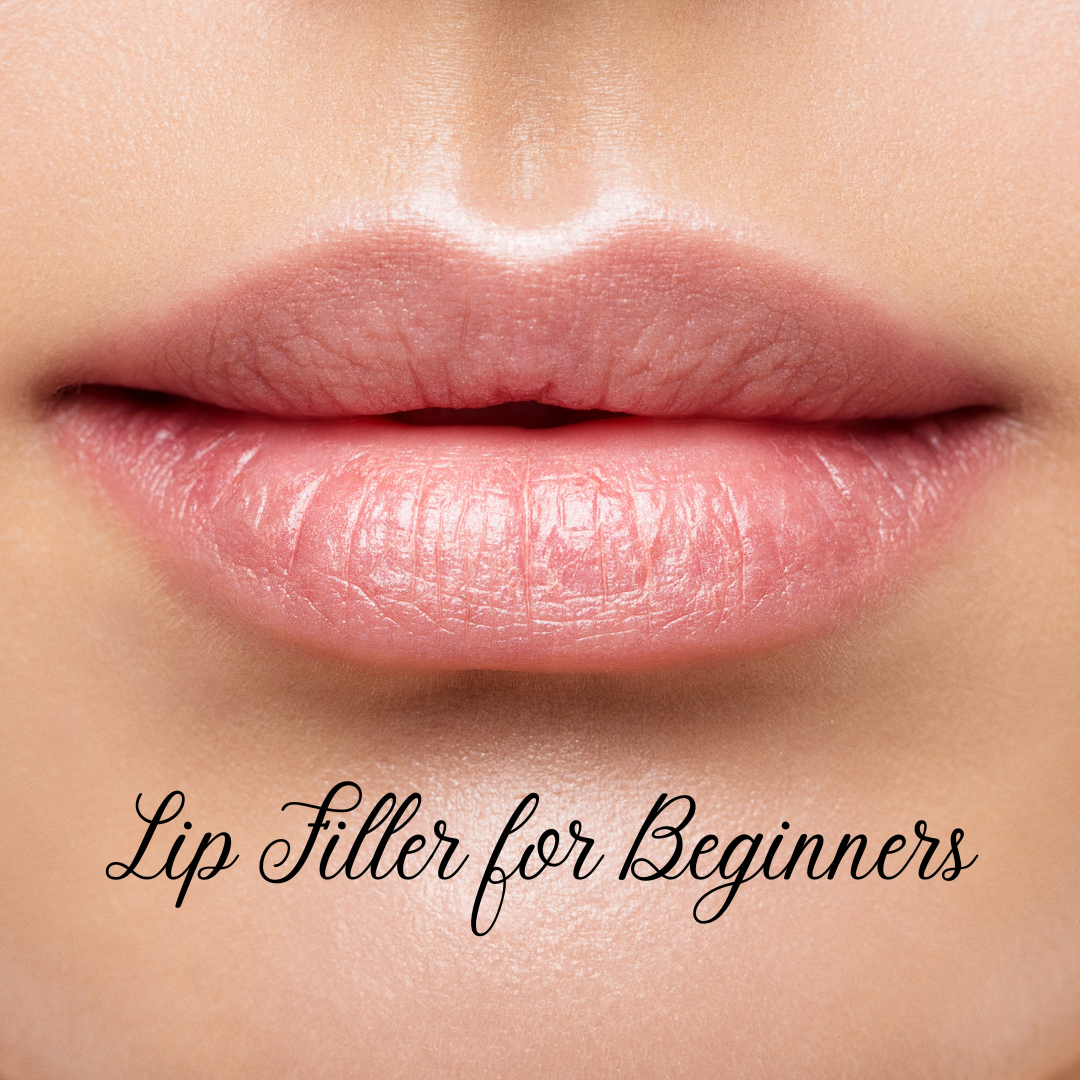Rosacea Skincare Tips from your Dermatologist
April is Rosacea Awareness month.
Rosacea is a chronic, inflammatory skin condition that causes red patches and/or bumps on the face, often on the nose, cheeks, or chin. Initially, the redness may fade and reappear periodically. Over time, however, the redness typically remains, becoming more prominent.
Rosacea is common, affecting an estimated 5% of the world’s population with women being 3 times more likely to develop rosacea than men.
Certain risk factors are known to worsen rosacea in some people, including:
- Exposure to sunlight (ultraviolet light)
- Taking hot baths
- Spending time in environments with high temperatures
- Cold weather
- Exposure to wind
- Exercising strenuously
- Stress
- Alcohol consumption
- Smoking
- Spicy food
- Hot food
- Hot beverages
There are treatments that can help improve the appearance of rosacea flares. Limelight and Laser Genesis are excellent treatments for the affects of rosacea.
Utilizing a technology known as Intense Pulsed Light (or IPL), Limelight uses light to improve skin tone changes that were brought on by rosacea, aging, and UV damage, such as wrinkles, redness, brown spots, and age spots.
The Laser Genesis procedure utilizes non-invasive laser technology to safely, discretely, and effectively treat fine-line wrinkles, excessive redness, and scars. You can expect to see subtle, yet consistent results after each treatment, without unwanted side effects such as bruising or excessive skin irritation.
Risk factor avoidance, along with laser or light treatments for rosacea, help to minimize the appearance of red spots on the skin and prevent flare-ups or complications, such as skin-thickening, from occurring.
Even if you’re already treating your rosacea, the right skincare products and skincare routine can make a noticeable difference.
A rosacea friendly skincare routine can:
- Help your skin feel more comfortable
- Improve the results you see from treatment
- Boost your skin’s overall health
- Reduce rosacea flare-ups
To help patients who have rosacea with skincare, dermatologists offer these tips:
- Cleanse your face twice a day – very gently. According to dermatologist Mark Dahl, MD, patients who have rosacea often don’t wash rosacea-prone skin enough. That’s understandable if your skin already feels irritated. These are great gentle cleansers: Rhonda Allison Gentle Peptide Cleanse or Advanced Skin Therapy Gentle Cleanse Face Foamy.
- To cleanse without further irritating your skin, dermatologists recommend that you:
- Choose a mild, rosacea friendly cleanser (not soap).
- Apply the cleanser gently with your fingertips, using a circular motion.
- Rinse off the cleanser with lukewarm water, using only your fingertips. You want to thoroughly remove the cleanser. If some of the cleanser stays on your skin, it can cause irritation.
- Pat your face gently with a clean, cotton towel.
- To cleanse without further irritating your skin, dermatologists recommend that you:
- Moisturize every day. Whether rosacea makes your skin dry or oily, it’s important to moisturize. Moisturizing helps hydrate your skin by trapping water in your skin. This can reduce irritation and make your skin feel more comfortable. Try one of these moisturizers: Oxygenetix, SkinMedica TNS Ceramide Treatment Cream, or Rhonda Allison Redness Relief Cream.
- Protect your skin from the sun year-round. The sun can worsen rosacea. This is so common that it’s actually one of the most frequent causes of a rosacea flare-up. Even people with dark skin can have a rosacea flare-up after being outdoors in the sun. To reduce rosacea flare-ups caused by the sun, dermatologists recommend wearing sunscreen, even on cloudy days. We love EltaMD UV Clear for rosacea prone skin. Tinted or non-tinted.
- Choose rosacea friendly skincare products. When you have rosacea, many skincare products and cosmetics can irritate your skin. While gentle cleansing, moisturizing, and sun protection can help reduce this sensitivity, you also want to choose your skincare products and makeup carefully.
- When shopping for products, dermatologists recommend that you read the list of ingredients before you buy. To reduce the likelihood of a buying a product that will irritate your skin, you want to avoid anything that contains:
- Alcohol
- Camphor
- Fragrance
- Glycolic acid
- Lactic acid
- Menthol
- Sodium laurel sulfate (often found in shampoos and toothpaste)
- Urea
- When shopping for products, dermatologists recommend that you read the list of ingredients before you buy. To reduce the likelihood of a buying a product that will irritate your skin, you want to avoid anything that contains:
- Test skincare products and makeup before applying them to your entire face. If you’ve never tried a product or it seems that everything you apply to your face stings, testing can help. To test a product, dab a small amount near (but not on) your rosacea-prone skin. If it irritates your skin (burning, stinging, etc.) within 72 hours, you know not to use it.
- Be gentle with your skin and yourself. Rosacea flares can be stressful and embarrassing. Be gentle with yourself, knowing you are doing everything you can. Anything that irritates your skin can worsen rosacea. To prevent this, you want to avoid rubbing or scrubbing your face. That means no washcloths, facial sponges, or exfoliating. Making these tips a part of your skin care routine can help you take better care of your rosacea-prone skin. If you have trouble finding skin care products or makeup that doesn’t irritate your skin, a dermatologist can assist you. A dermatologist can examine your skin and recommend products for your skin’s specific needs.



